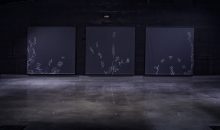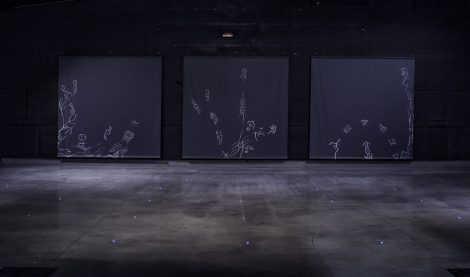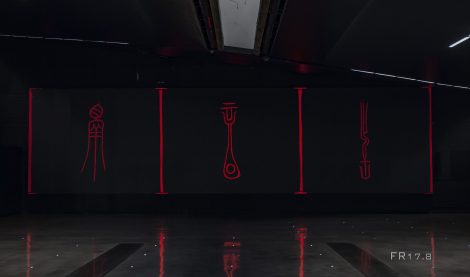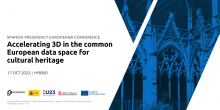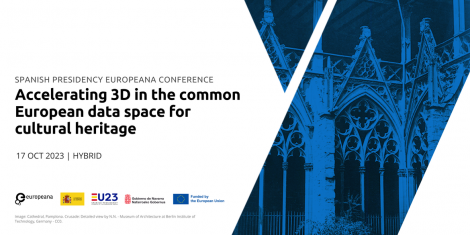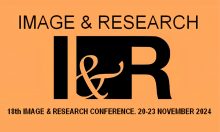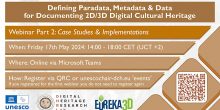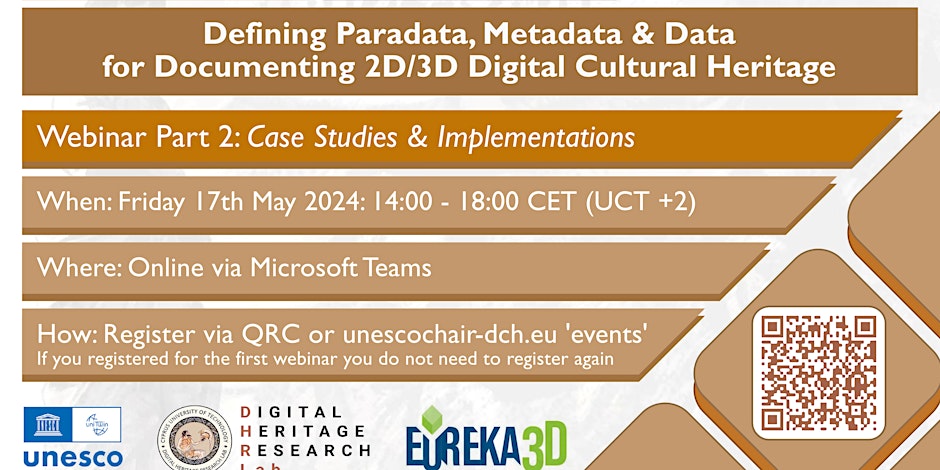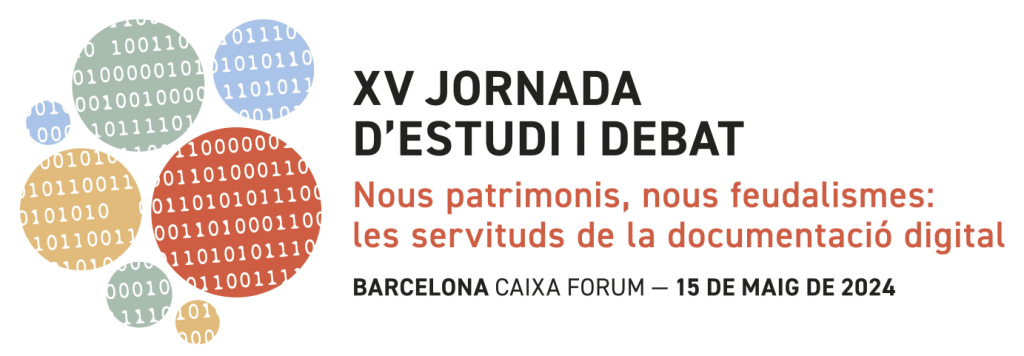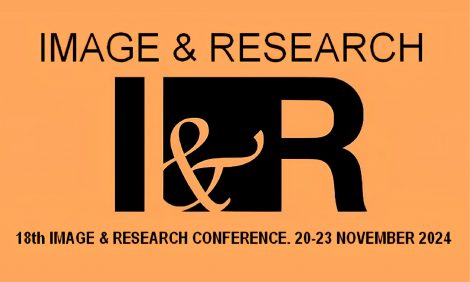
Image and Research Conference 2024
The new edition of the Image and Research Conference (18th Antoni Varés Conference) will be held in Girona from November 20th to 23rd, 2024. The event is organized by one of the founding members of PHOTOCONSORTIUM, Ajuntament de Girona, which has been dedicated to protecting, promoting, and disseminating Girona’s photographic heritage since 1997.
The Conference is a biennial event to reflect on and share knowledge about the management of photographic and audiovisual heritage. The presentations will take place at the Palau de Congressos on November 21 and 22 and the workshops will be held at the Municipal Archive of Girona on the 20 and 23.
You can now register for the presentations sessions and workshops.
This year the Conference presents a format change: it will be distributed in four thematic blocks through the morning and afternoon time slots, with the purpose of providing a broad response to the following questions:
- How do we use technology?
- How do we engage people?
- What are the business strategies?
- What is the state of the issue regarding conservation and historical research?
Each block includes two keynote speakers and various communications on related topics. Block 3 offers a round table related to the topic of the presentation.
Call for papers
Papers will be included in each of the thematic blocks: for each block, there will be two keynote speeches and 10-minute papers on related topics.
The form and submission conditions are now available.
Deadlines:
Submission of a proposal of 140 words: 30th June 2024
Submission of the final text: 31st July 2024
Program
Block 1: TECHNOLOGY. November 21 (from 10 a.m. to 2 p.m.)
Emanuele Frontoni. A Picture of the Future: Generative AI’s impact on photography, archives and authenticity.
Hrvoje Stancic. Incorporating AI in the Digitization Process.
Communications linked to the topics: artificial intelligence, semantic web, management software, speech recognition and transcription, digital preservation, metadata, 3D technology, etc.
Block 2: CITIZENSHIP. November 21 (from 3 to 6 p.m.)
John Balean. Story-seeing: methods of creating Visual Impact when promoting Photographic Collections.
Bernardo Riego. A new look at the History of Photography in times of Artificial Intelligence and postmodern culture.
Communications linked to the topics: creation of narratives, dissemination of funds and collections, archives and creativity, exhibitions, citizen participation, image ethics, etc.
Block 3: HERITAGE AND BUSINESS MODELS. November 22 (from 9 a.m. to 2 p.m.).
Rita Scartoni. Enhancing the Alinari Archives: a business strategy for accessible and sustainable public heritage management.
Round table: Photographic archives as a business source. Rita Scartoni (Alinari Foundation), John Balean (TopFoto), Sergi Griñó (Album). Moderator: Fina Navarrete (CRDI).
Communications linked to the topics: business models, image banks, intellectual property, image rights, economic sustainability in management, collecting, etc.
Block 4: CONSERVATION – ÁNGEL FUENTES MEMORIAL. November 22 (from 3 to 6 p.m.)
Claudio Ogass. Towards sustainable preservation. Changes in the approach and criteria for preventive conservation.
Communications linked to the topics: climate change, sustainable conservation, state of the art in conservation, preventive conservation criteria, restoration of photographs and films, history of photography, digitization, etc.
Closing conference: Valentín Vallhonrat: The role of photography in the construction of our visual culture.
WORKSHOP 1. November 20 (from 10 a.m. to 2 p.m. and from 3 to 5 p.m.)
Automating Description of Image Collections Using AI.
Trainers: Hrvoje Stancic
Language: English.
WORKSHOP 2. November 23 (from 9 a.m. to 3 p.m.)
The description of the photographic and audiovisual image.
Trainers: Fina Navarrete, Cristina Feixas, Pau Saavedra.
Language: Catalan.
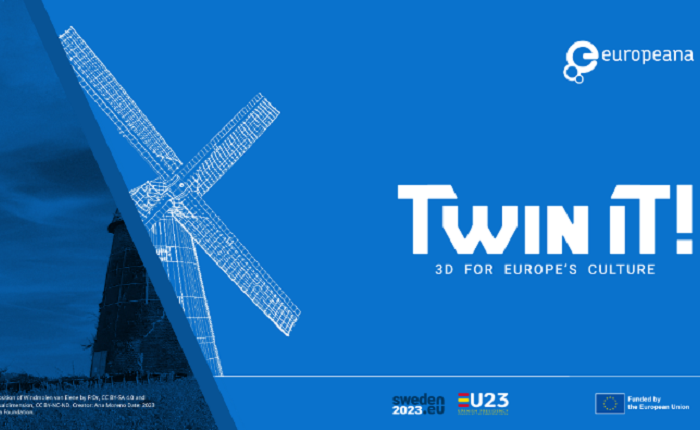 The TwinIt! Campaign is an initiative of the European Commission, coordinated by Europeana, which invited all EU Ministries of Culture to liaise with their national cultural institutions to submit at least one 3D digitised heritage asset to the common European data space for cultural heritage. The campaign collected 3D digitized assets representing European cultural heritage at risk, including monuments, buildings, sites and various other types of heritage objects.
The TwinIt! Campaign is an initiative of the European Commission, coordinated by Europeana, which invited all EU Ministries of Culture to liaise with their national cultural institutions to submit at least one 3D digitised heritage asset to the common European data space for cultural heritage. The campaign collected 3D digitized assets representing European cultural heritage at risk, including monuments, buildings, sites and various other types of heritage objects.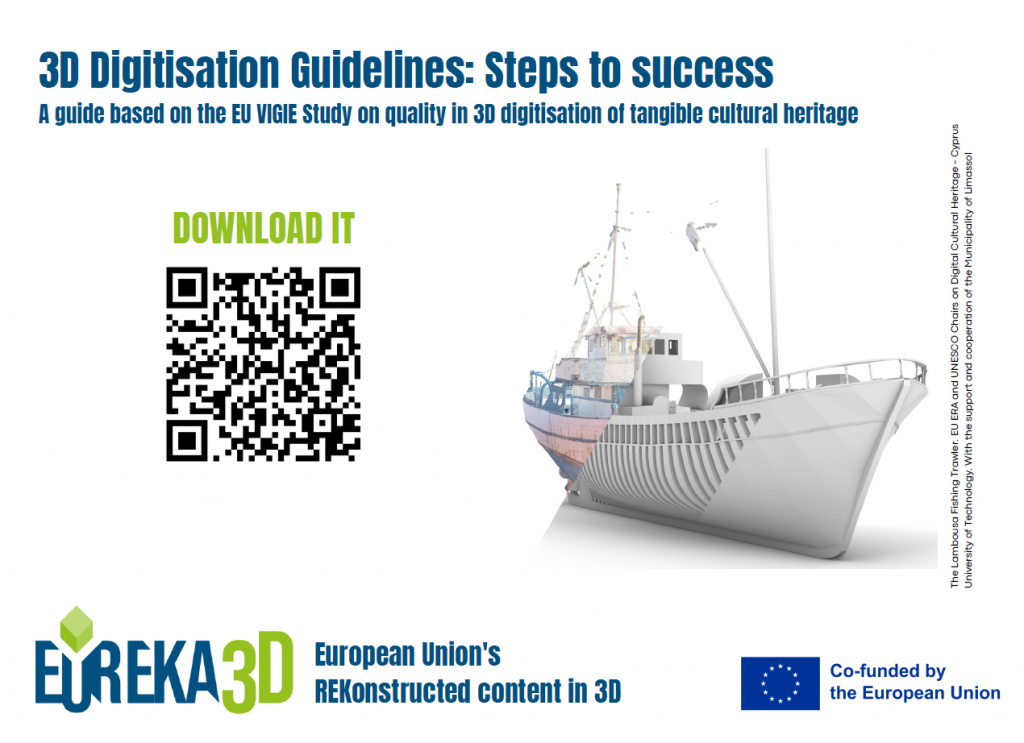
![]() EUreka3D project is co-financed by the Digital Europe Programme of the European Union.
EUreka3D project is co-financed by the Digital Europe Programme of the European Union.

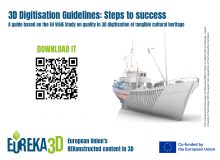
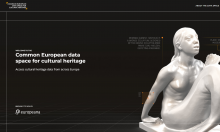
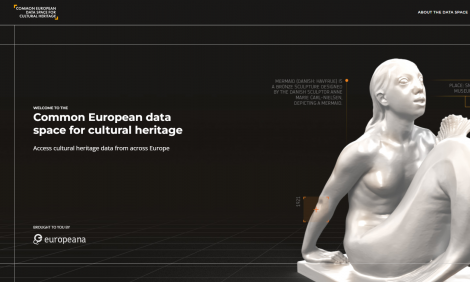
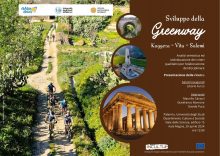
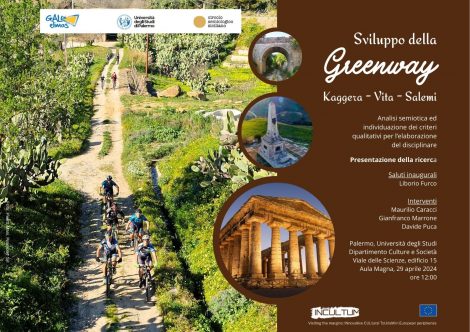 The development of the Greenway Kaggera-Vita-Salemi is part of the
The development of the Greenway Kaggera-Vita-Salemi is part of the 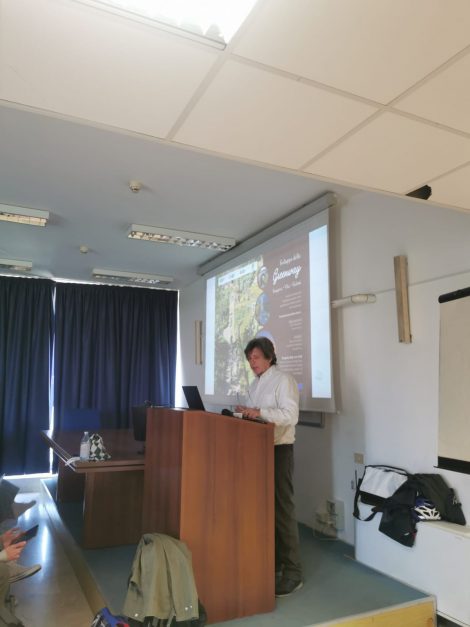
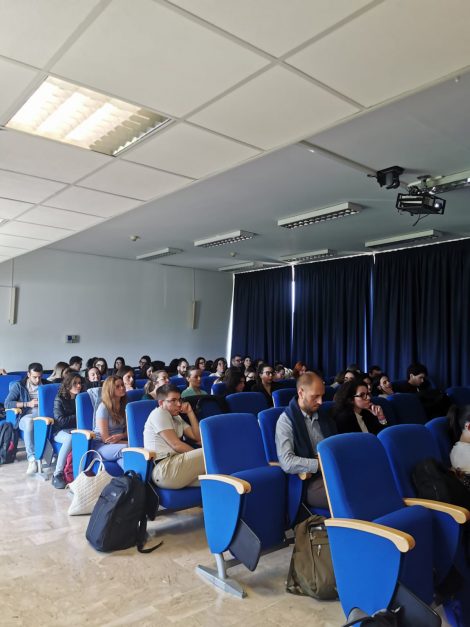
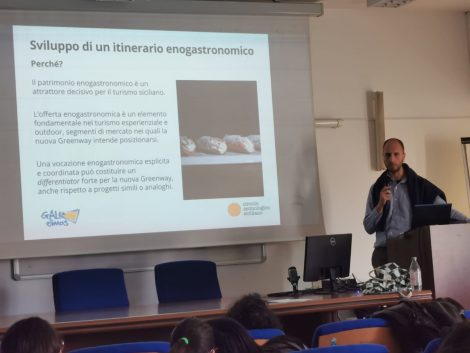
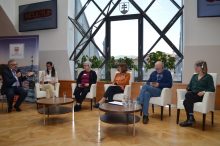
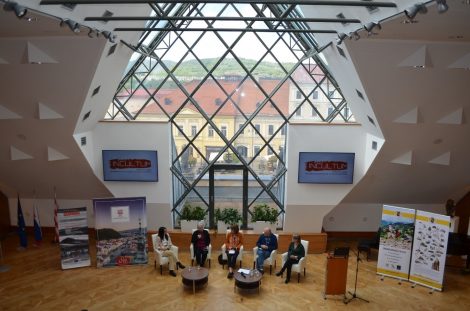 An international conference dedicated to the Mining Cultural Heritage of Central Slovakia was held in the city of Banská Bystrica on April 25, 2025, as part of the international innovation project
An international conference dedicated to the Mining Cultural Heritage of Central Slovakia was held in the city of Banská Bystrica on April 25, 2025, as part of the international innovation project 
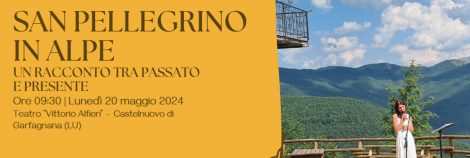 On 20 May, 2024 a very interesting event will take place at the ‘Vittorio Alfieri’ Theatre of Castelnuovo di Garfagnana (Province of Lucca).
On 20 May, 2024 a very interesting event will take place at the ‘Vittorio Alfieri’ Theatre of Castelnuovo di Garfagnana (Province of Lucca).